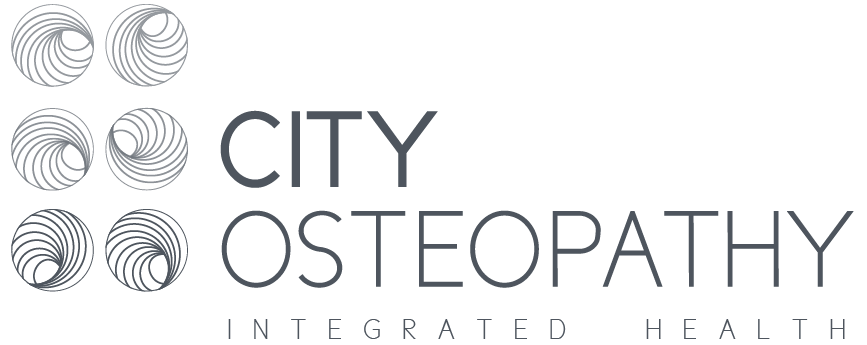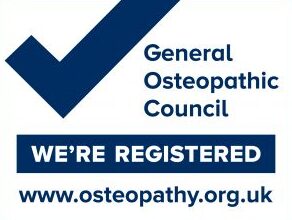Get rid of the toxic effects of stress with meditation
Who does not have stress? You may have big stresses like job or relationship or health related or minor daily stresses like reaching somewhere on time, meeting deadlines or disciplining your kids. Whether your issues are big or small, stress has a cumulative and negative impact on your health.
Did you know that stress affects you in many different ways? Forget about your physical appearance, the frown lines, the clenched jaws, the forehead furrows and more, stress is so harmful that it can cause
- Depressed immune function, leaving you open to minor and major health issues.
- An inability to retain important stuff in your mind and have constant brain fog.
- High blood pressure, which is a factor in many serious problems including heart attack and stroke.
- Delayed wound healing of even minor cuts and bruises.
- Weight gain if you eat too much or the wrong foods as an emotional crutch.
- Weight loss if you don’t eat enough.
- Depression
- Headaches
- Insomnia or sleep disturbances
- Anxiety
- Hyperacidity, digestive disorders or irritable bowel syndrome
If you have one or more (or even all) these then you are undoubtedly suffering from stress.
What can you do to combat stress?
Conventional medicine for depression and anxiety consists of strong drugs that have numerous side effects and can even be addictive. They can also cause you to feel groggy constantly, instead of mentally alert. Unless you take active steps to reduce stress you can face major physical and/or mental health issues.
You probably know that meditation helps a great deal with stress. There are numerous meditation techniques that you can adopt, but it does require a change in your thinking patterns and the discipline to do the meditation diligently for it to have a lasting effect. Meditating for at least twenty minutes daily can alter your emotional, psychological and physiological responses for the better. If you can do this twice a day, so much the better.
Mindfulness and meditation can help alleviate stress
Mindfulness means that you should be constantly aware of the present moment and the present time and stop thinking about the past or worrying about the future. Meditation is actually combined with mindfulness because when you meditate you are doing it by being conscious. Meditation also induces a feeling of calmness and peace, improving brain waves and thus effecting relaxation.
You can meditate in a quiet place and sit comfortably focusing on relaxing all the muscles of your body as you concentrate on your breathing. Every time your mind wanders, you come back and concentrate on each breath you take. At the same time you are aware of what you are thinking about and act as an observer. Some kinds of meditation are also done by chanting mantras or words that are positive and again this is way to channel your mental energies. Scientific studies have shown that mindful meditation is very effective in reducing stress and decreasing its harmful effects.
What is sophorology and how does it help with stress reduction?
Sophorology is a guided meditation technique. This technique was conceived by Dr. Alfonso Caycedo, a Spanish neuropsychiatrist in 1960 and is a combination of yoga (which is immensely popular now), Zen, relaxation, hypnotherapy, psychology and meditation. Sophorology draws inspiration from Eastern and Western philosophies and aims for an increased health awareness along with living in harmony with others and the environment.
Thanks to sophorology you can achieve accord and balance among mind, body and soul. It is best done with a teacher or practitioner till you master the technique of mindful meditation and the power of positive thinking. It consists of physical movements, positive mental exercises and visualization techniques and can be done one to one with a therapist or practitioner of sophorology.
How helpful is acupuncture to deal with stress?
You will be surprised to learn that acupuncture is very helpful to deal with stress and anxiety. Part of Traditional Chinese Medicine (TCM), acupuncture has achieved greater popularity in western countries in recent times. Chinese medicine believes that the free flow of energy or Qi is important to keep the body in balance. When this is blocked, then all kinds of physical, emotional and mental problems occur any or all of which can cause stress.
Using fine needles at specific points, the acupuncturist seeks to remove the blockages that impede the flow of energy. Sometimes just one session of acupuncture can help, though eight sessions of at intervals are more effective. Acupuncture works by releasing endorphins (the feel good chemicals) in the blood, by improving blood circulation and inducing a calming effect on the body, lowering heart rate, high blood pressure and reducing stress.

Sometimes single stress relief techniques can work, while other times a combination will give better results. While you don’t have to find a guru to get the right meditation techniques, sometimes a little professional help can help you kickstart your program. With professional help from an acupuncturist, sophorologist or even someone who teaches you meditation, you have a plan of action in place and this is always easier to follow than floundering your way through different meditation techniques till you hit upon one that works for you, provided you don’t give up part of the way.
A state of constant stress is hazardous to health. Once you master ways to get over your stress, you will find that you are calmer, more in control, you are able to do more and you are a more positive and balanced person. This change helps you in all aspects of your life including physical, mental and spiritual health, gets rid of depression, anxiety and mood disorders, improves relationships and increases mental concentration and memory, helps with various addictions (including overeating that leads to weight gain) and brings positivity to your life.


